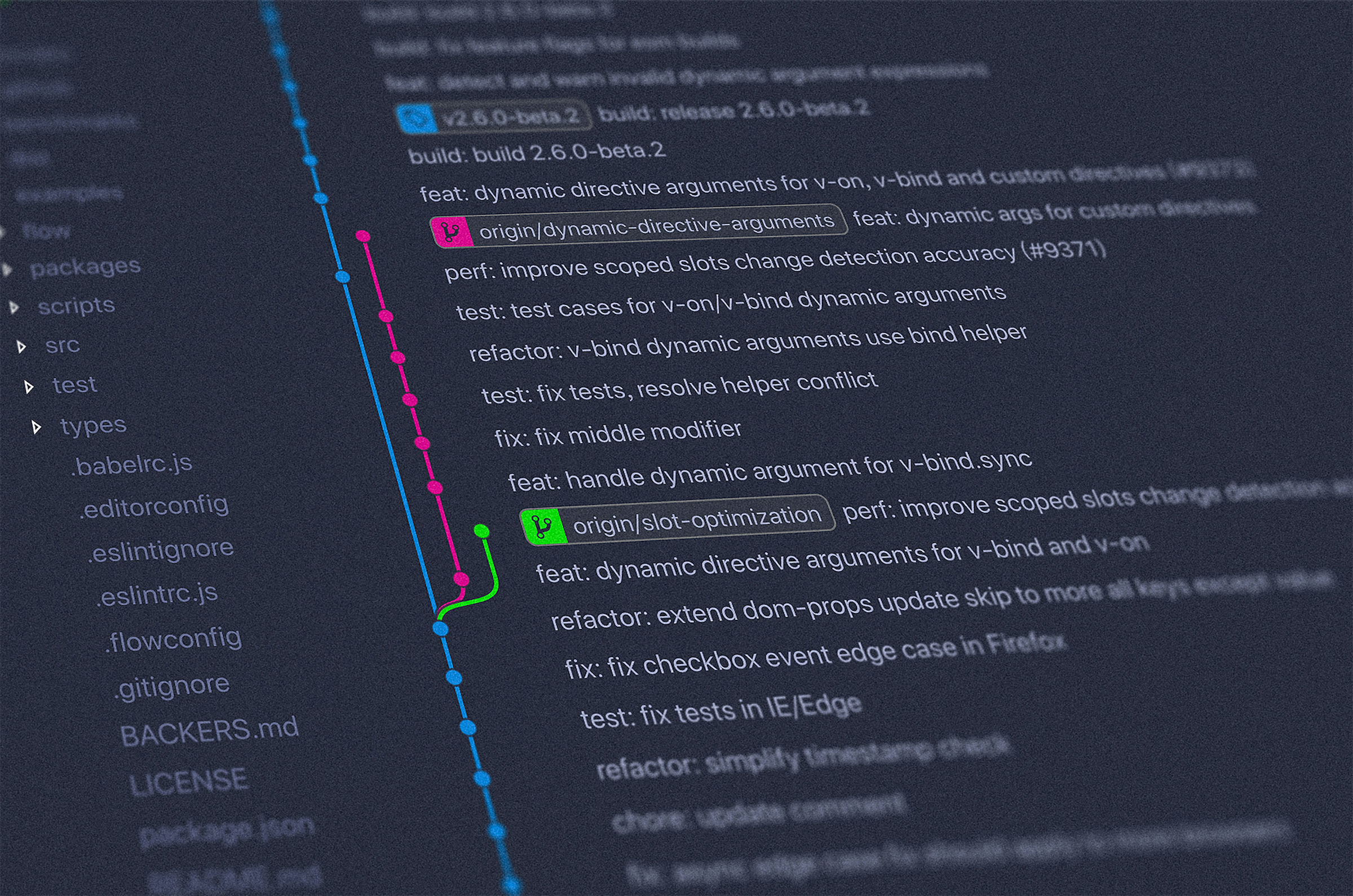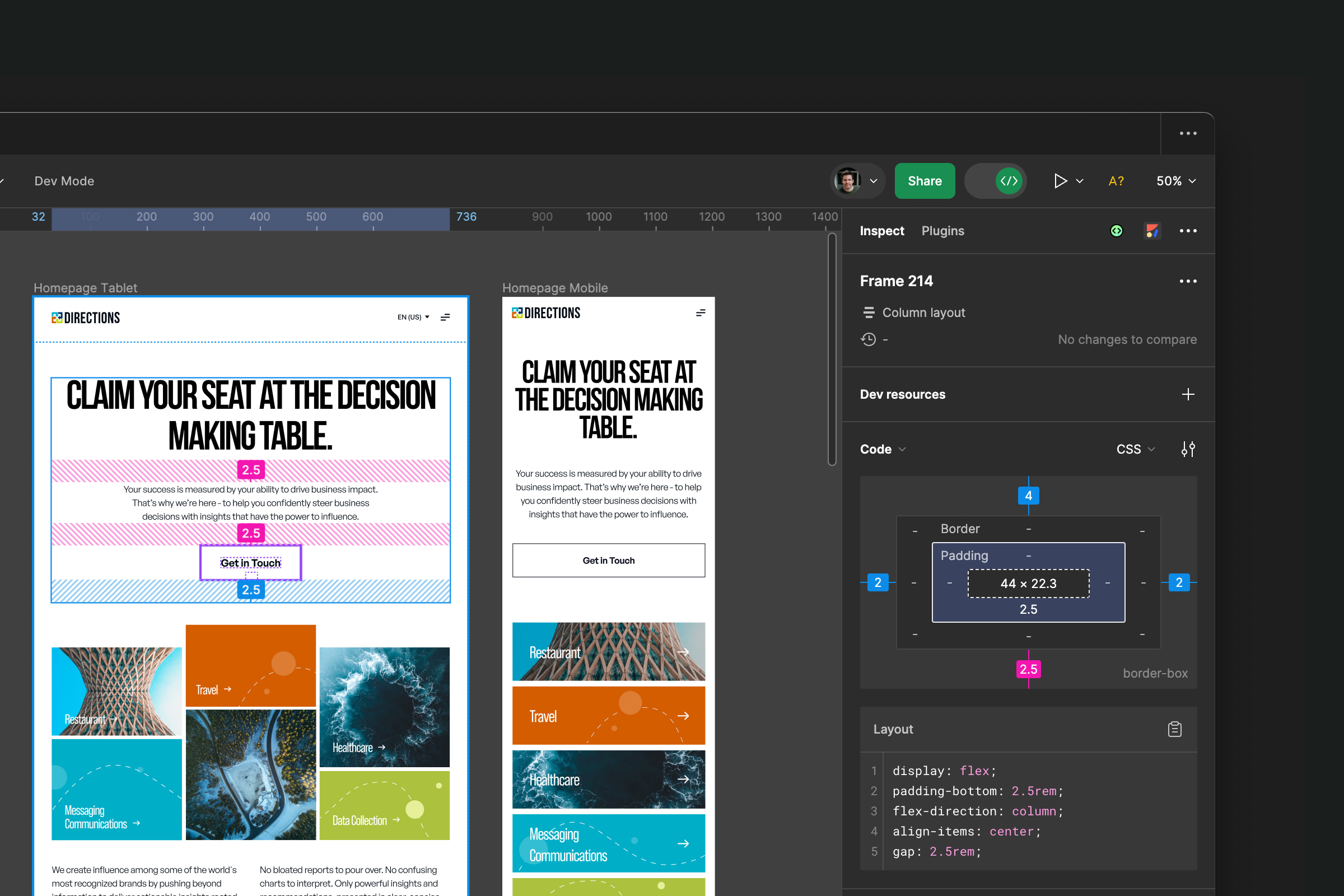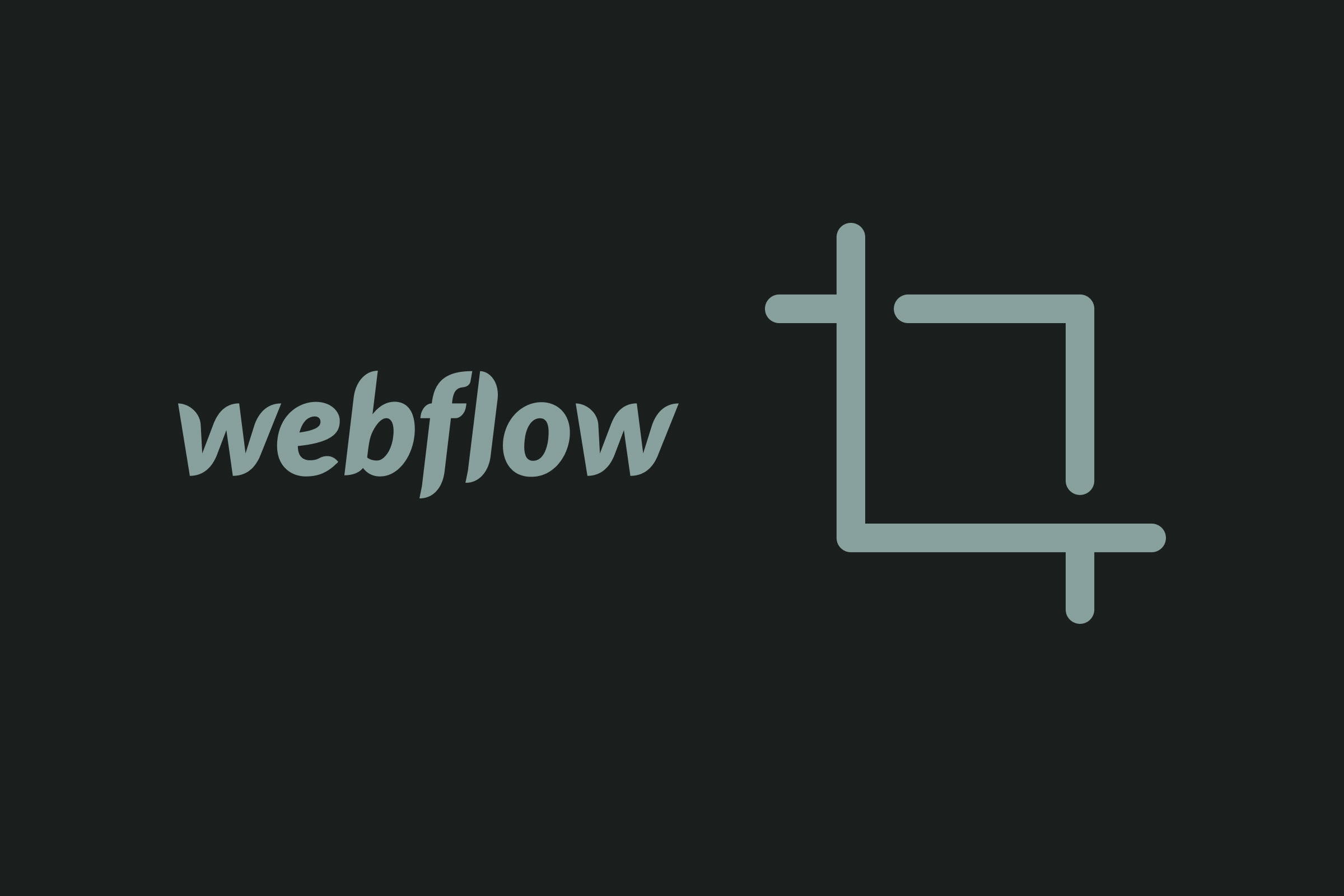Insights
Beyond SEO trends: A technical guide to authentic digital authority in 2025

The pursuit of SEO dominance has reached a critical inflection point. For years, digital marketers have chased algorithm updates, obsessed over ranking factors, and searched for the next optimization advantage.
But in 2025, this approach is showing its limitations.
The increasing sophistication of search engines, combined with evolving user expectations, has created an environment where traditional SEO tactics alone no longer seem to drive meaningful and sustainable results.
The real challenge facing digital marketers isn't keeping up with algorithm changes—it's fundamentally rethinking how we approach digital authority.
As search engines become better at recognizing genuine expertise and user value, the gap between optimization techniques and authentic content authority continues to widen.
This doesn’t a simple adjustment in SEO strategy; this is turning into a fundamental shift in how digital authority is built and maintained.
The technical reality of modern search
The transformation of search extends far beyond basic ranking factors. According to FirstPage Sage, engagement metrics now outweigh traditional signals, but this shift represents a deeper change in how search engines evaluate content quality.
Modern search engines employ increasingly sophisticated natural language processing (NLP) capabilities that fundamentally alter content evaluation.
They're not just reading content; they're understanding context, verifying information, and assessing expertise in ways that mirror human evaluation.
This evolution manifests in how search engines process and interpret queries. Rather than simply matching keywords, they now analyze queries through multiple intent frameworks simultaneously.
They consider user context—device, location, search history—and even factor in query reformulation patterns to better understand user needs.
This sophisticated interpretation means that content must do more than just contain the right keywords; it needs to demonstrate genuine expertise and provide real value to users.
Consider how this plays out in practice: When a user searches for professional advice, the search engine now places less weight on content containing relevant keywords. It now evaluates the author's expertise in the field, checks how other authoritative sources have referenced this information, and analyzes how users interact with the content.
This is why JEMSU found that verified expert content consistently outperforms purely keyword-optimized material—search engines can now effectively distinguish between genuine expertise and well-optimized content that lacks depth.
So, what does this mean?
Building authentic digital authority
At Magnet, we're taking a sophisticated approach to digital authority that combines technical excellence with genuine expertise. For 2025, we're creating comprehensive systems for capturing, documenting, and presenting expert knowledge in ways that both users and search engines understand and trust. Here's how we're doing it for ourselves and our clients:
Content architecture for authority
Our content team has moved beyond thinking in terms of individual pages or posts. Instead, we're implementing comprehensive content architectures that demonstrate depth and expertise across topics.
We develop clear hierarchical relationships between content pieces, with hub pages providing comprehensive topic overviews, supported by in-depth exploration of subtopics, expert insights, and practical resources.
We've seen the power of this approach firsthand. When our team worked with Process Quickly to develop their therapeutic platform, we didn't just create isolated articles about therapy concepts. Instead, we built a comprehensive content structure that connected theoretical understanding with practical applications, case studies, and expert insights.
We use this same approach for our own content at Magnet, ensuring every piece fits into a larger framework that demonstrates our expertise.
Systematic expertise documentation
One of the most crucial aspects of building digital authority is implementing systematic approaches to capturing and documenting expertise. This process needs to be both comprehensive and repeatable, ensuring consistent quality while maintaining efficiency. At Magnet, here’s what we’re implementing for our structured workflows:
- Expert interview programming
We develop a systematic approach to expert interviews that goes beyond basic Q&A. This includes preliminary research based on search demand, structured question frameworks that cover core concepts, practical applications, common misconceptions, and future trends. The goal is to extract not just information from leading industry experts, but insights that demonstrate deep expertise and practical understanding.
- Content validation and enhancement
We then implement a robust review process that ensures both accuracy and accessibility. This means having our team ready verify information while ensuring content remains engaging and understandable. Content can best be enhanced with real-world examples, case studies, and practical applications that demonstrate expertise in action. - Authority documentation
We create systems for documenting and verifying expertise through citation management, credential verification, and case study documentation. This isn't just about proving expertise to search engines—it's about building trust with users by being transparent about your sources of knowledge and experience.
Technical excellence in content delivery
While authentic expertise drives our approach, our development team ensures technical excellence remains fundamental to digital authority.
We're constantly optimizing our technical infrastructure for both user experience and search engine evaluation, going beyond basic optimization to create truly exceptional experiences.
Take mobile optimization, for example. With 95% mobile search dominance in today's landscape, our team focuses on creating experiences that feel native to mobile devices. We're not just making sites responsive—we're optimizing touch interactions, ensuring fast loading times across different network conditions, and maintaining visual stability during page loads.
When we recently updated Directions Research's digital presence, our team implemented a comprehensive mobile-first strategy that went beyond basic responsiveness to create truly engaging mobile experiences.
This is the same approach we take with our own site at Magnet. Our team regularly tests and optimizes our mobile experience, ensuring we practice what we preach when it comes to technical excellence.
We use our own site as a testing ground for new approaches before implementing them for clients, allowing us to refine our methods and truly understand their impact.
Measuring authentic authority
The measurement of digital authority requires a more sophisticated approach than traditional SEO metrics. We need to look beyond basic engagement metrics to understand how effectively we're demonstrating expertise and building trust with our audience.
Engagement depth analysis
Modern engagement analysis needs to go deeper than surface-level metrics like page views or time on site. We need to understand how users interact with our content, whether they're finding value in it, and if they're returning for more information.
This means tracking not just how long users spend with content, but how they interact with it, whether they share it, and if they engage with related content.
Authority signal tracking
Tracking the development of authority requires monitoring a complex web of signals that indicate growing expertise and trust.
This includes tracking how your content is referenced by other authoritative sources (via regular external link audits), monitoring expert recognition within your industry (via social listening tools), and analyzing how users engage with your expert content versus general content.
Conversion quality assessment
Understanding the impact of authority on conversions means looking beyond simple conversion rates.
We need to analyze how different types of content contribute to the conversion process, how engaged users are before converting, and what post-conversion behavior tells us about the quality of our content, targeting and strategy.
Looking forward
The future of search isn't about manipulating algorithms or chasing trends anymore. If you want to build about building sustainable digital authority through authentic expertise and technical excellence. This requires a comprehensive approach that combines:
- Sophisticated content architecture that demonstrates depth and expertise
- Technical excellence in content delivery and user experience
- Systematic approaches to capturing and documenting expertise
- Advanced measurement systems that track real authority development
Ready to build lasting digital authority? Contact us to learn how we can help implement these strategies for your organization.
Looking to dive deeper? Explore our detailed guides on content marketing analytics and technical SEO.























.jpeg)

.jpg)


.jpg)



.jpg)

